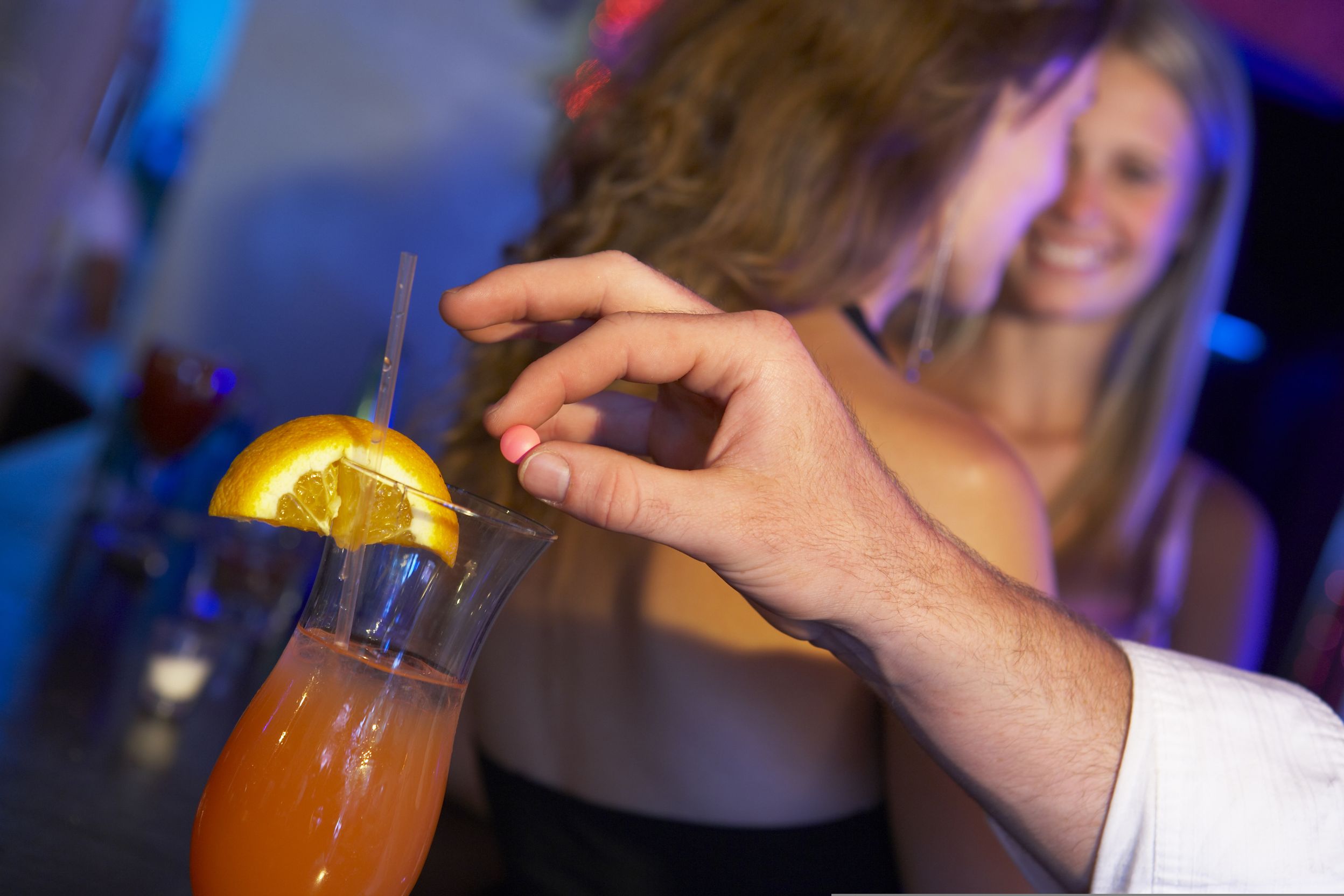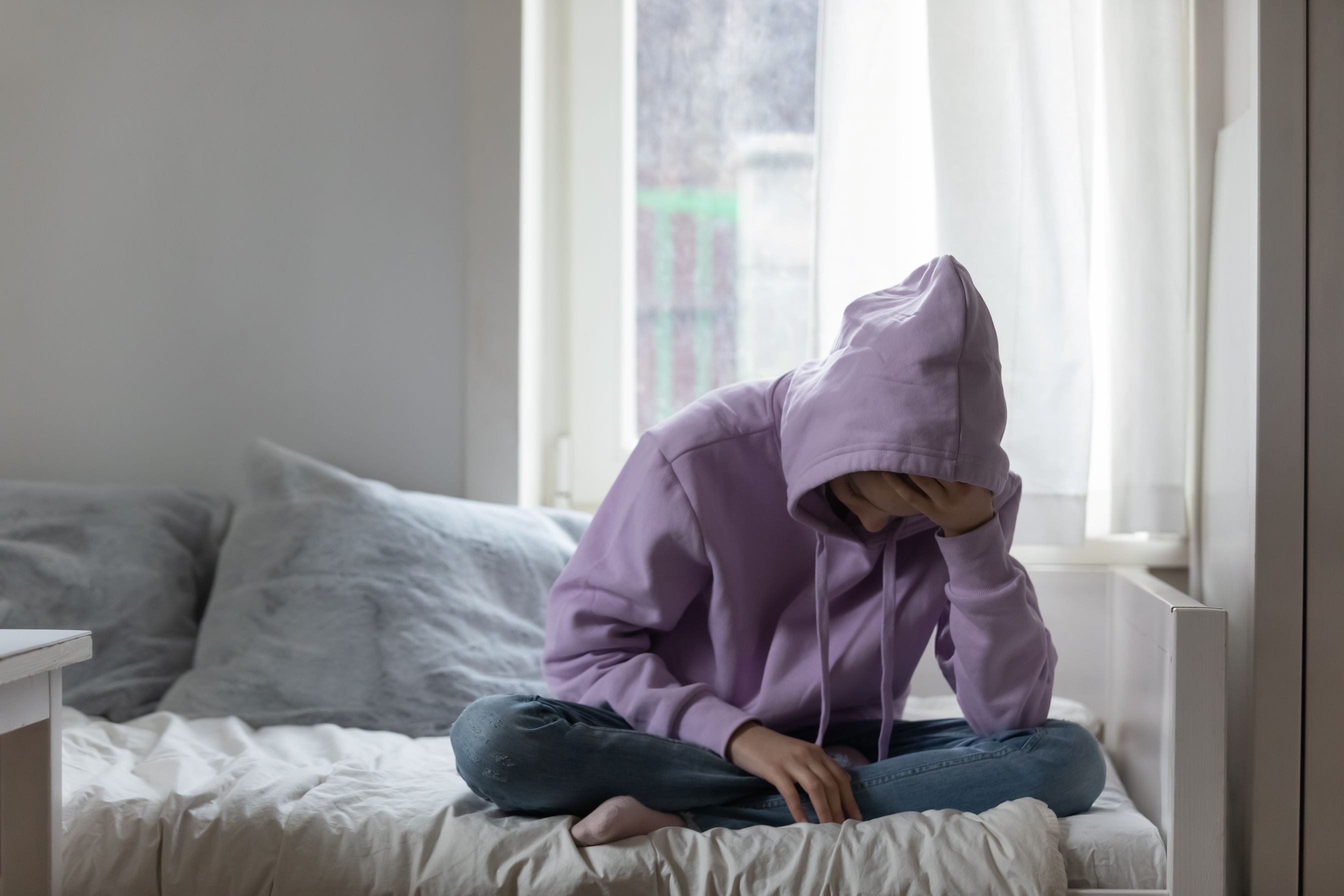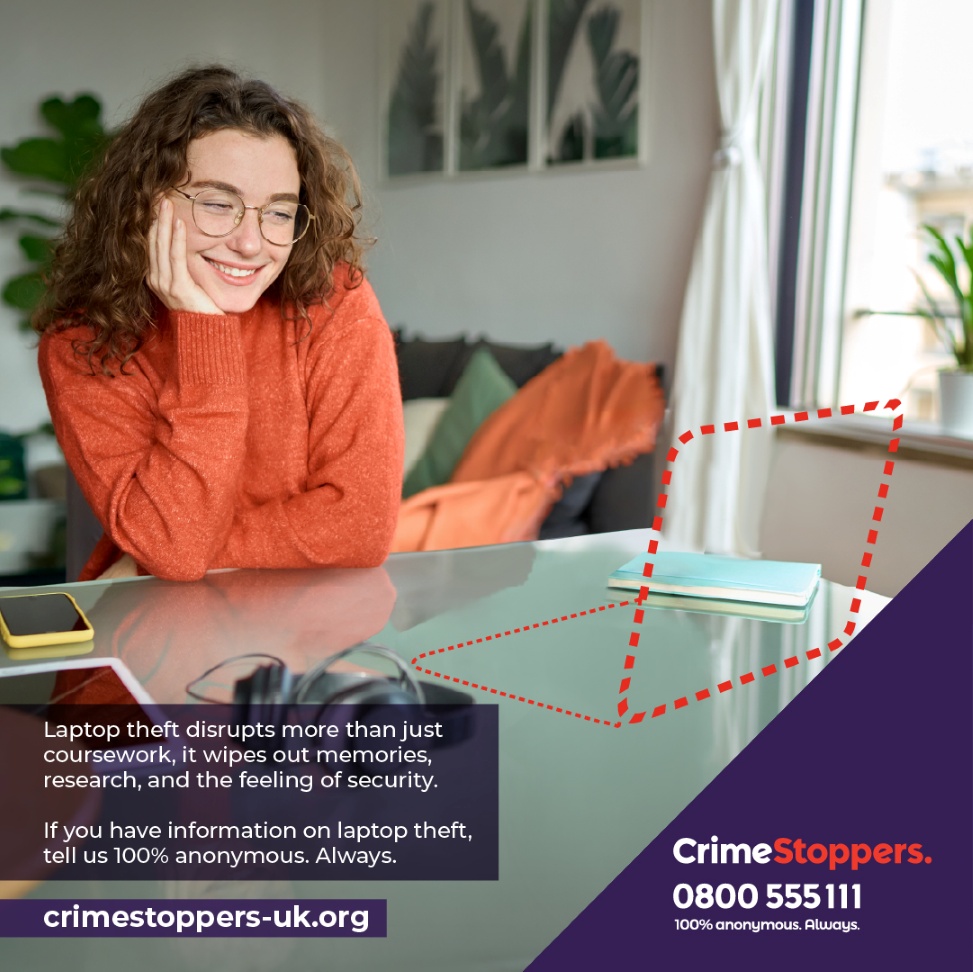Students: stay safe
We’ve launched a nationwide campaign targeting the escalating threats facing UK students, aiming to help students to not be victims of these crimes, and empowering them to speak up anonymously with information they may have about crimes that disproportionately affect them.
Our campaign aims to raise awareness of key issues including:
- Financial exploitation
- Drink and vape spiking
- The dangers of ketamine
- Burglary, robbery, and theft
We want to ensure that students, indeed anyone involved at a higher education establishment, both stay as safe as possible and also know that they can give us information about crimes and remain 100% anonymous – guaranteed.
Being in higher education should be about positive new experiences, not becoming a crime victim. We want to give students the knowledge and tools to protect themselves, their friends and their community from the crimes targeting students most.
How to give information and remain anonymous
In an emergency, and if you are a victim of crime, always call the police on 999 or 101.
Crimestoppers is a charity and completely independent of the police.
You can call our dedicated UK Contact Centre, staffed by specially-trained Call Agents, any time of the day or night – 365 days a year.
Call free on 0800 555 111, or fill in our quick and easy anonymous online form, right here on our website:
if you are a victim of crime, the charity Victim Support can help. Call 08 08 16 89 111 or visit their website.
The rising criminal threats to students
Recent data reveals that 3 in 5 students have been approached to become money mules - those who allow criminals to use their bank accounts for money laundering, often inadvertently. This represents a 78% year-on-year increase in money mule activity among under-21s, with criminals specifically targeting financially pressured students (source).
Simultaneously, drink spiking affects 2.2% of UK adults annually - equivalent to approximately 1.2 million people. Research by Drinkaware and Anglia Ruskin University found that 90% of drink spiking incidents go unreported to police, with half of victims stating they "didn't see the point" in reporting (source).
The campaign also addresses the dramatic rise in ketamine use among young people. Government statistics show that ketamine use among 16-24 year olds has increased by 231% since 2013, with almost 25 tonnes consumed in England in 2024 - more than doubling from 10.6 tonnes in 2023 (source).
Robbery, theft and burglary targeting student accommodation remains significant, with electronics theft being particularly problematic. Universities report varying crime rates, with some institutions experiencing over 20 crimes per 1,000 students (source).
How can you stay safe? Know the signs

Money mule recruitment is targeting cash-strapped students with promises of easy money. Three in five students report being approached. Here's what you need to know:
Warning signs:
- Offers to use your bank account for "easy money"
- Requests to receive and transfer funds
- Social media messages promising quick cash
- Job offers that seem too good to be true
The reality:
- Money muling is money laundering - a serious crime
- Could result in criminal charges and prison time
- Banks may freeze your accounts permanently
- Future loan and mortgage applications could be refused
What to do:
- Never let anyone use your bank account
- Report suspicious approaches to the police
- Block and report suspicious social media contacts

With 2.2% of UK adults experiencing drink spiking annually, protection is essential. Here's what you need to know:
Prevention:
- Never leave drinks or vapes unattended
- Don't accept drinks or vapes from strangers
- Cover your drink when talking or dancing
- Plan safe transport home in advance
Spiking symptoms:
- Feeling much more drunk than expected
- Confusion, nausea, or dizziness
- With spiked vapes, shortness of breath and coughing
- Memory loss or blackouts
- Feeling vulnerable or scared
If you suspect spiking:
- Tell a trusted friend immediately
- Return your drink to the bar or don't use the vape
- Seek help from a staff member or security
- Call an ambulance if needed
- Move to a safe place
- Get tested quickly, as drugs can leave the body within hours Report to venue staff and police

Ketamine use among 16-24 year olds has increased by 231%, but awareness of risks remains low. Here's what you need to know:
Health risks:
- ‘K-Hole’; the feeling of complete separation between mind and body
- Kidney damage
- Severe bladder damage (‘K-bladder’)
- Addiction and dependency
- Mental health impacts
- Dangerous accidents whilst under the influence
Getting help:
- NHS drug services: Call 111 for advice
- Visit WithYou for free, confidential support with drugs, alcohol and mental health
- University counselling services

Students are targeted, especially for laptop and mobile phone theft. Simple steps make all the difference. Here’s what you need to know:
In your accommodation:
- Always lock doors and windows
- Keep valuables out of sight
- Use curtains to obscure expensive items
- Install tracking apps on devices
- Mark property with UV pen (your uni + student number)
- Find out more
On campus:
- Never leave devices unattended
- Use secure lockers when available
- Be discreet with expensive items
- Register devices on the National Property Register
Remember, if you have information about anyone involved in any of these crimes, you can tell us, as a charity completely independent of the police, what you know - 100% anonymously. Call free on 0800 555 111 or fill in our online form, right here on our website:
In an emergency, and if you are a victim of crime, always call the police on 999 or 101.
